The Wall Street Journal has an August 16 story covering the Target Corporation's latest earnings call. As most people expected, sales and earnings were negatively impacted, at least partly, by backlash against the company's somewhat zealous approach to celebrating Pride Month.
Target’s comparable sales, those from stores or digital channels operating at least 12 months, fell 5.4% in the three months ended July 29
They try to tell us that they can't untangle the effect of the backlash from other "economic background" phenomena, but there's this:
Retail rival TJX, which owns T.J. Maxx, Marshalls and HomeGoods, reported on Wednesday a 6% jump in comparable sales in the same quarter and raised its sales growth and profit targets for the year.
Target stock actually went up eight percent on this news because even though sales and earnings declined, things weren't as bad as Wall Street analysts had feared.
As often happens with these "backlash" stories, the reporter insists on tying the events to Pride Month itself, which is then described as "the celebration of the LGBTQ community." It all sounds as if the backlash were inspired by a general-purpose animosity toward gay people. I think that's bunk, and I'm tired of "journalists" telling people that this is the case.
I decided to say something about that, right there in their comment section. That turned out to be a mistake. For as long as the note was up there -- about seven minutes -- it got rave reviews. But the WSJ didn't like it. They deleted it and sent me a nastygram telling me my post had been rejected. We can't have anyone interfering with the narrative that gay people are all in on pedophilia, and fully support their "minor-attracted" friends in the Alphabet Community.
At least you can't do that in Rupert Murdoch's world. Here, I'm hoping I can:
The journalism community seems determined to conflate a concern about children, and about sexualizing children, with some sort of "anti-gay" sentiment. They don't seem to understand that in doing this, they paint all gay people as pedophiles, or at least as being pro-pedophilia.
In a world where all manner of companies sponsor Pride events without anyone seeming to care, we have three instances where the public has reacted negatively toward certain promotions, and all three have something in common that journalists never seem to want to mention: all involved the sexualization of children.
Bud Light spokesperson Dylan Mulvaney's entire social media shtick involves impersonating a pre-teen girl on a platform (Tik Tok) known to be popular among children. Target's "Pride merchandise" included items suitable for use by transsexuals in sizes appropriate for preschoolers. Disney now does re-makes of its children's classics with gender-fluid "non-binary" characters.
None of that has anything to do with gay people. Objecting to it does not reflect any sort of anti-gay prejudice. Only in the Land of the Journalists are these things being regularly confused. Only in the press is concern about pedophilia assumed to be driven by "anti-LGBTQ" sentiment, as if the whole LGBTQ Community were all fully on board with pedophilia and consider so-called "minor-attracted persons" part of their group.
There is a distinction here that really is a difference, and we need to stop ignoring it.
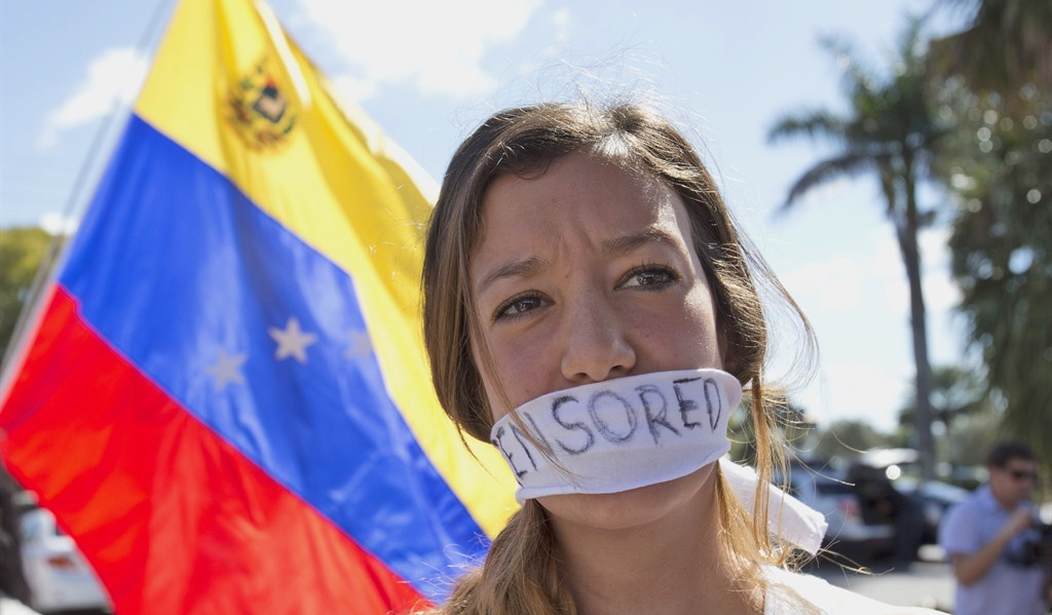



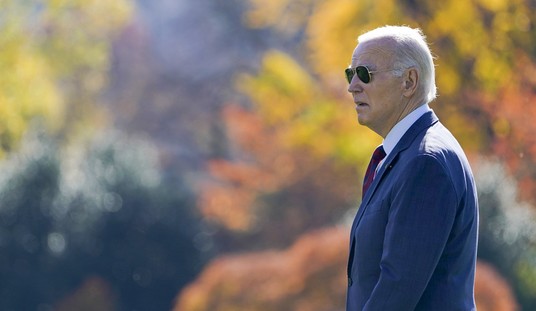
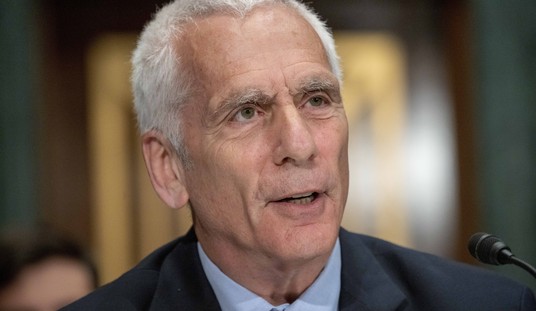




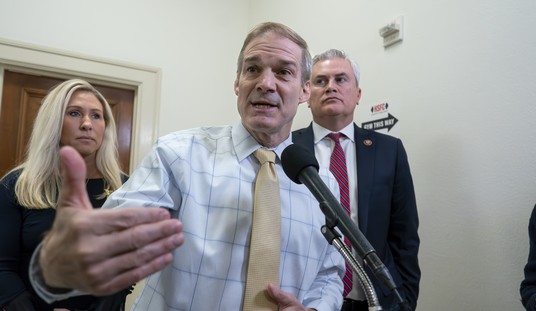
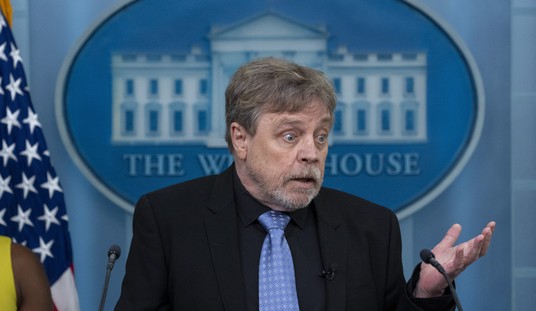



Join the conversation as a VIP Member